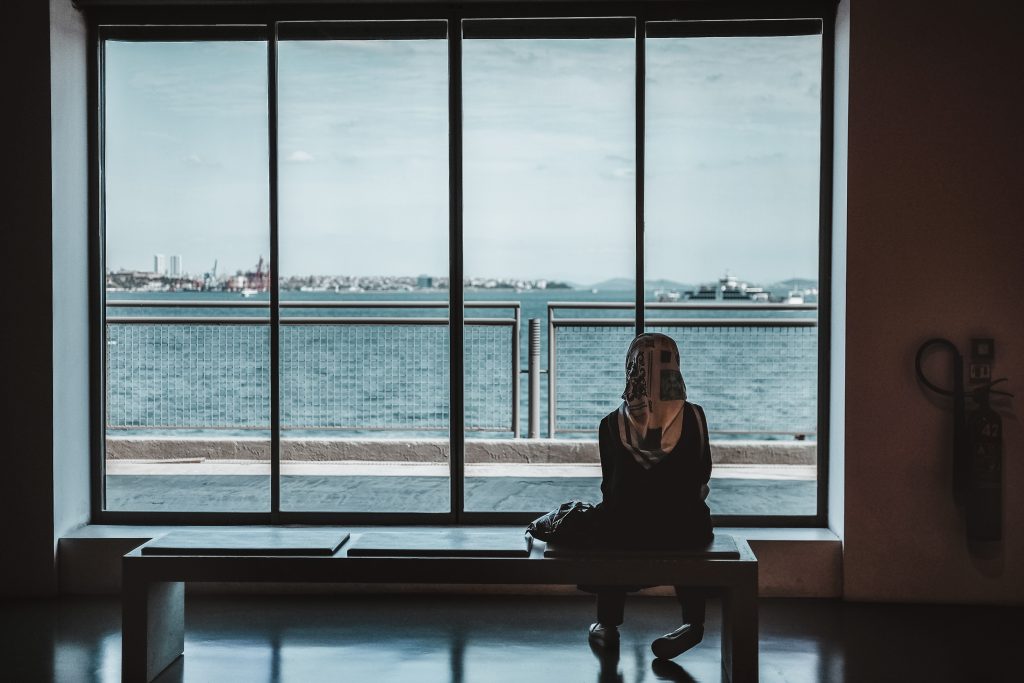Every year during the month of January, we are usually bombarded with new year resolutions and plans. One of the main questions that people seem to ask is based around how to find our purpose. It’s such a big question and a lot of pressure on us to answer, especially when you don’t really know where to start.
We want to focus on the question – do we really need to have a purpose in the first place?
Working with the goal to find our purpose in life and in our career is not a new concept. There seems to be extra pressure in the last five to ten years or so to be able to know exactly what you want to do in life as soon as possible. Everyone is completely different. Some of us know what we are going to do from when we are children. Many don’t figure it out until much later. And some of us never quite put a finger on our life’s purpose. The key thing to remember is that there is no one right way or outcome.

I feel that a common misconception is that we have to have just one purpose throughout our life. Whereas the reality is that as we evolve and go through different stages of our life, our purpose and passion for things may change. And that’s okay.
In this article, we are going to focus on why we think having a purpose in your career is important and how you can discover what yours is.
What does purpose mean to us exactly?
In a professional context, we define ‘purpose’ as having a sense of ownership and significance derived from work and feeling that it contributes to a person’s greater purpose and that of the organisation.
Can you relate to this definition in your current job? If you can, it probably means that you feel that your work contributes to your personal and professional purpose. You also probably know the reason behind your work which fills you with satisfaction and the ability to see beyond the task itself.
Do we need to have a career purpose?
With each generation that enters the working world, priorities change. For our grandparents and parents generation, their main purpose was to earn enough money to buy a house and maintain their children. Today’s generation, however, likely have slightly different priorities and expectations when it comes to working. Their purpose may be to save enough money to travel the world on a sabbatical or become CEO of their own company.
You’ll often hear about companies with a purpose nowadays as well. These are organisations that aim to do good outside of earning profits. For example, Ben & Jerrys and The Body Shop have a social purpose around fair trade. Other large-scale purposes you may hear about are based on tackling climate change and saving our oceans. A purpose doesn’t always have to be on a grandiose scale. On a more local level, Spanish company, Greyhounders, began with a social purpose of supporting greyhounds with every sale they make. Having a purpose on a company level is becoming more and more important for attracting talent as well.
So, what about on an individual employee level?
You may often hear that we can find our purpose by taking what you love to do and discovering a way to make money from it. I don’t necessarily agree with that thought process though. If you take what you love and turn it into a job you have to do every day, then you probably won’t love it for very long. It is okay to have a job or career and also have hobbies that bring you no financial gain.
We spend a lot of our lives working – approximately 13 years, in fact, – so if we have to work, isn’t it better to do something that fills us with joy and provides ample learning and growth opportunities?
Having a purpose in a work context allows you to feel that you contribute to something greater than yourself where you can add value. It also means that you can feel like you are doing something of importance for others, be it your internal team members or external clients, and that your influence is valuable. All of these points lead to higher motivation and drive throughout our career.
Why do we measure purpose in the ESB?
Purpose is just one of ten factors that we measure using the Emotional Salary Barometer (ESB). It is a big one because a lot of people from every walk of life can relate to having or searching for their own purpose throughout their career.
Many experts and professionals in the field may agree with this following statement from a recent Harvard Business Review business case. It states that “a strong shared sense of purpose can help companies meet these new challenges and transform their organizations”.
We agree. When your company and employees have a purpose, it can be a huge help in making important decisions. By keeping your higher purpose in the back of your mind, it can help you focus your work towards that purpose.
Oprah herself mentioned in a recent interview about her new book that she believes “every one of us is born with a purpose. No matter who you are, what you do, or how far you think you have to go, you have been tapped by a force greater than yourself to step into your God-given calling”.
How do you actually discover your purpose?
It’s all well and good spreading the word about having a purpose but what if you don’t know what yours is?

Lots of people think that they will sail through life knowing their purpose or believing that it will magically appear to them and everything will fit into place. That’s not how it works though – I believe that if you are not one of those rare people who have always known what they want to be, you can still discover what you are truly passionate about in your work by taking action.
To find what fulfils you in your professional life, you have to first try out a lot of things. When you’re in school and college, this is the purpose of after-school activities and classes – to help students try lots of different activities until they find one that they can be energised about.
We believe that your purpose is not a magical career or a person or a travel destination. Your purpose is more like something you feel, not find. It’s not always about what you do, it’s more about how you do it and what you get or how you feel from doing it. This is different for absolutely everybody.
Professionally speaking, we all have different strengths and the best people teams work when we allow people to use their strengths within that team and work context. You know you have a good fit when your individual purpose aligns with your organisation’s. For example, you could follow a vegan lifestyle and go to work for a vegan food company. Or if you are passionate about helping young women become leaders, you could seek to work alongside a company that sponsors a young women in leadership program.
For today, let’s think about the present. What are some actions you can take at your work TODAY to work towards finding your purpose?
Here are some examples to think about:
- Put yourself forward for volunteer positions in the office, be it organising a Friday evening get-together, or organising a buddy-system for new employees to the office to help them find their way and be the go-to person for their questions / doubts in the beginning.
- Think about what tasks you do on a daily basis that bring you joy? Can you adapt your role to focus on those specific tasks more?
- If you were to leave your job tomorrow, what would you want people to remember you for?
- Think about how your personal values show up in your work. How might they contribute to your purpose at work?
- Who do you impact and how when you do your job on a day to day basis?
We would love to hear your thoughts on purpose in a professional context and if you are confident in your purpose or are you still working towards clarifying it? Share with us in the comments or reach out via any of our social platforms.
We help organisations all over the world bring out the true potential of their employees by showing them the value of emotional salary and sharing our steps to increase it.
If you’d like to find out how we can help your employees discover their purpose and increase their emotional salary, send us an email to [email protected].